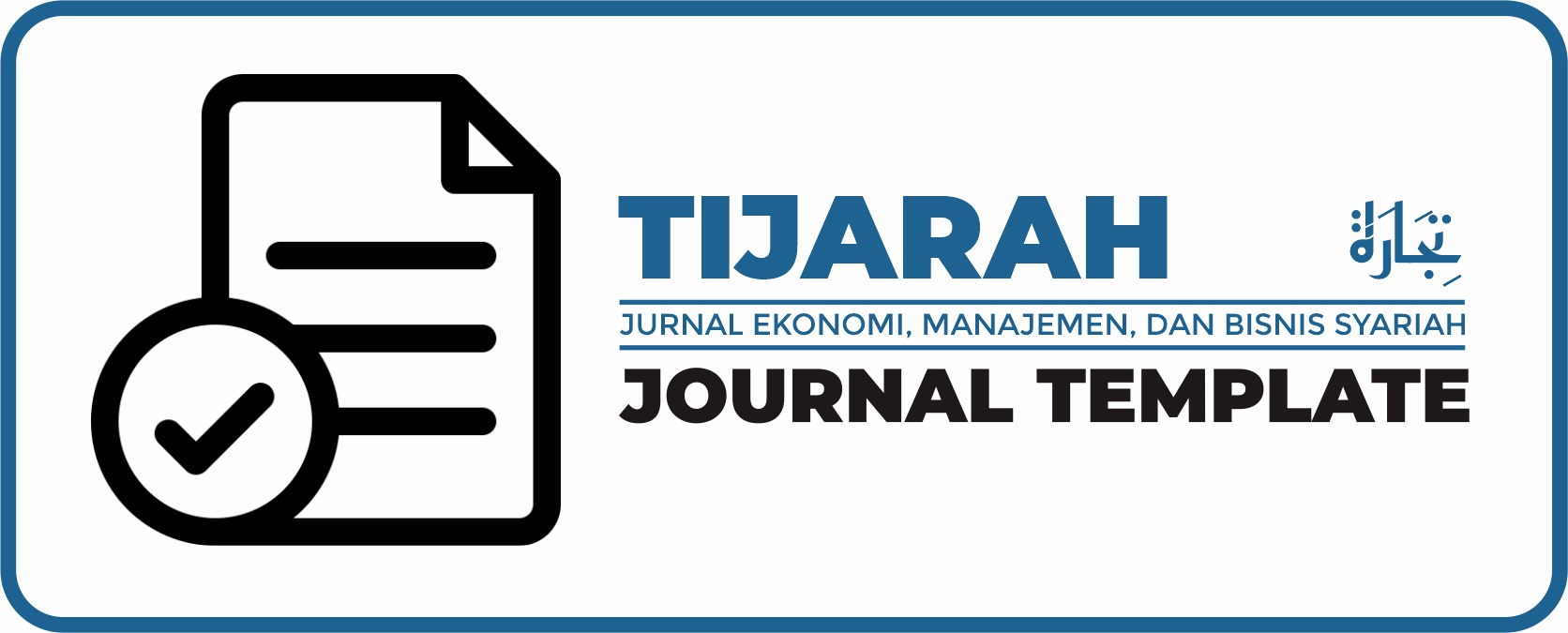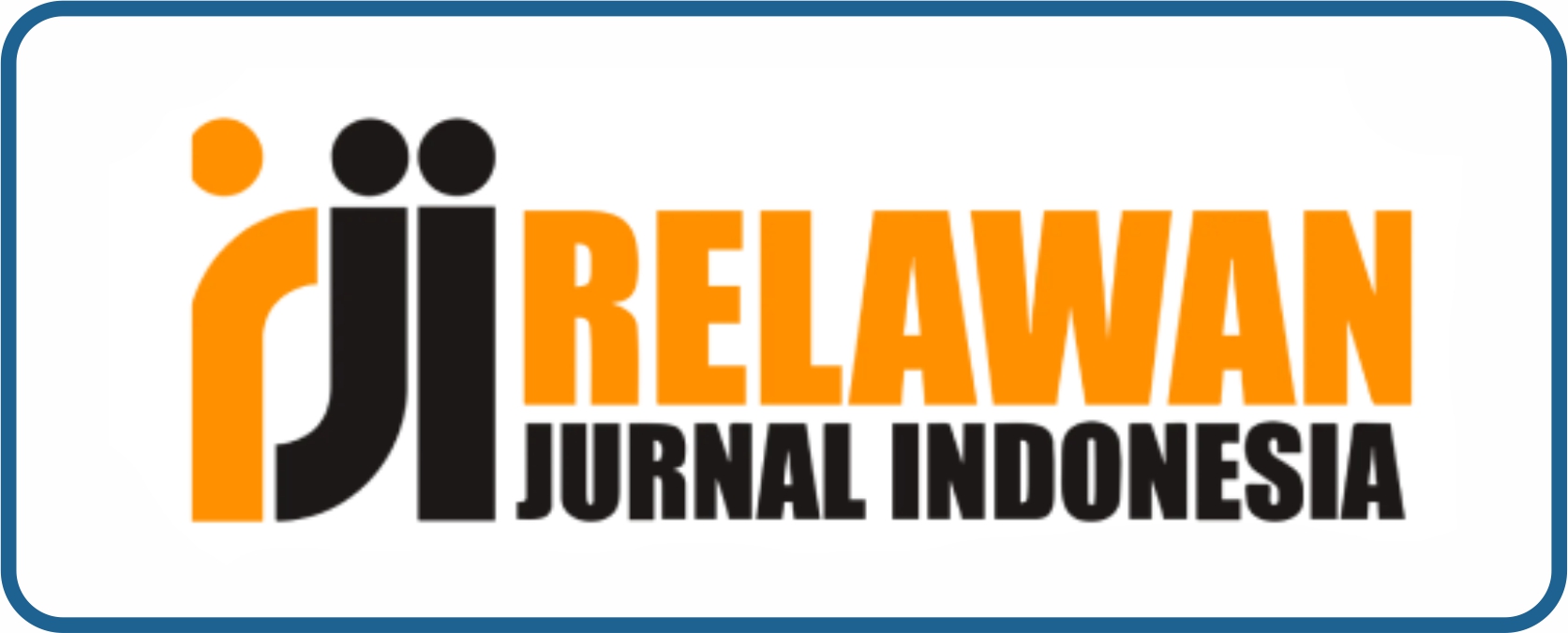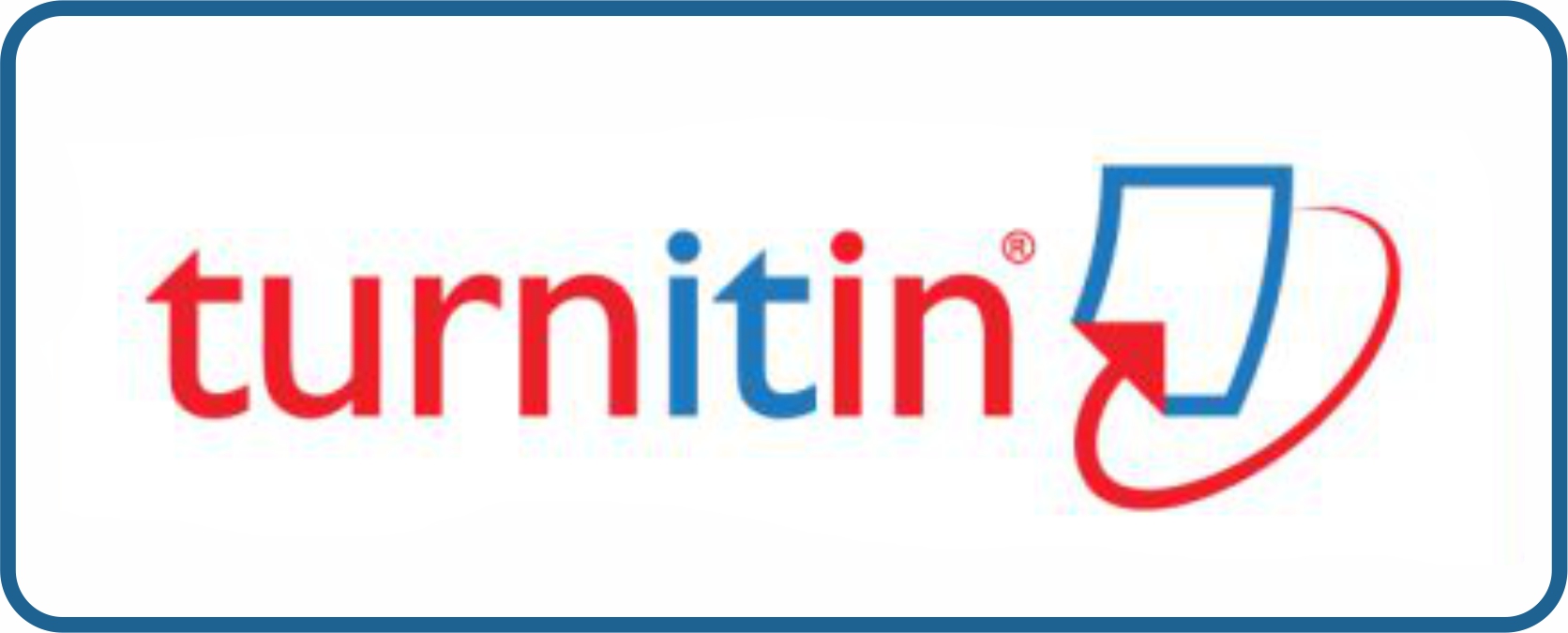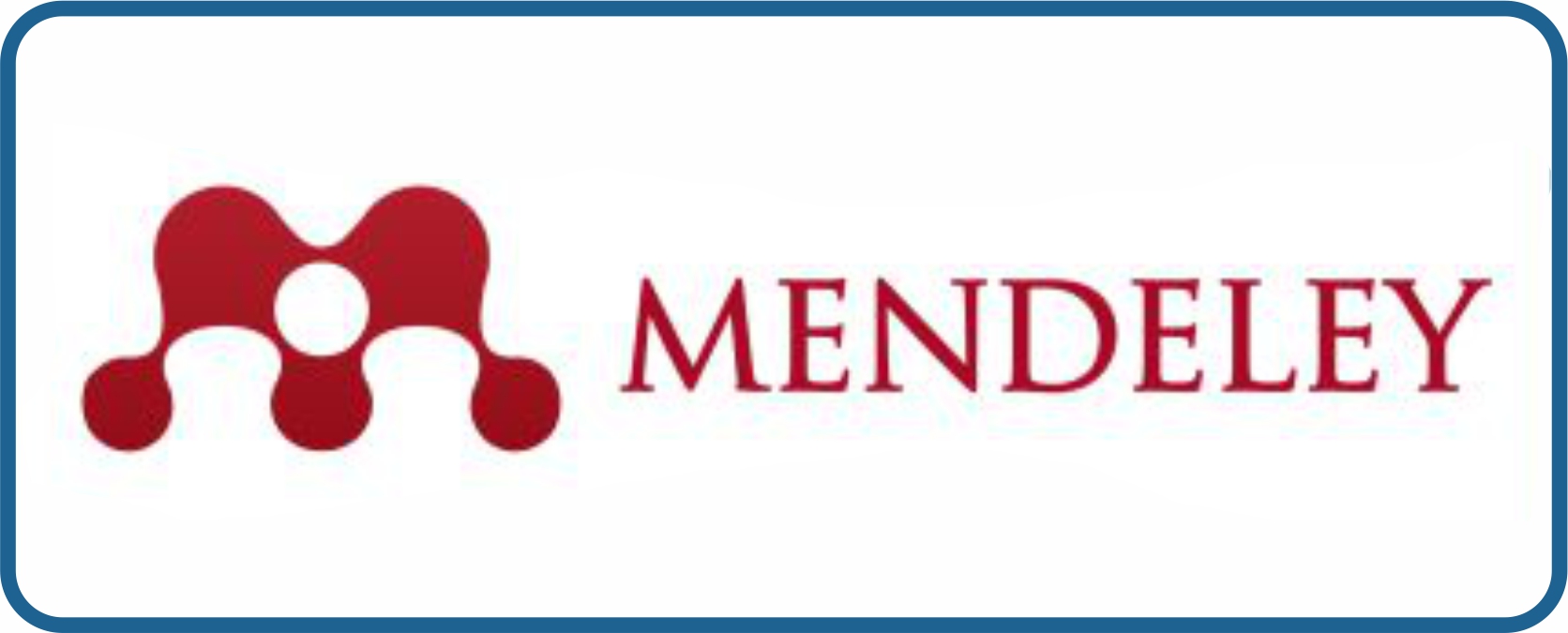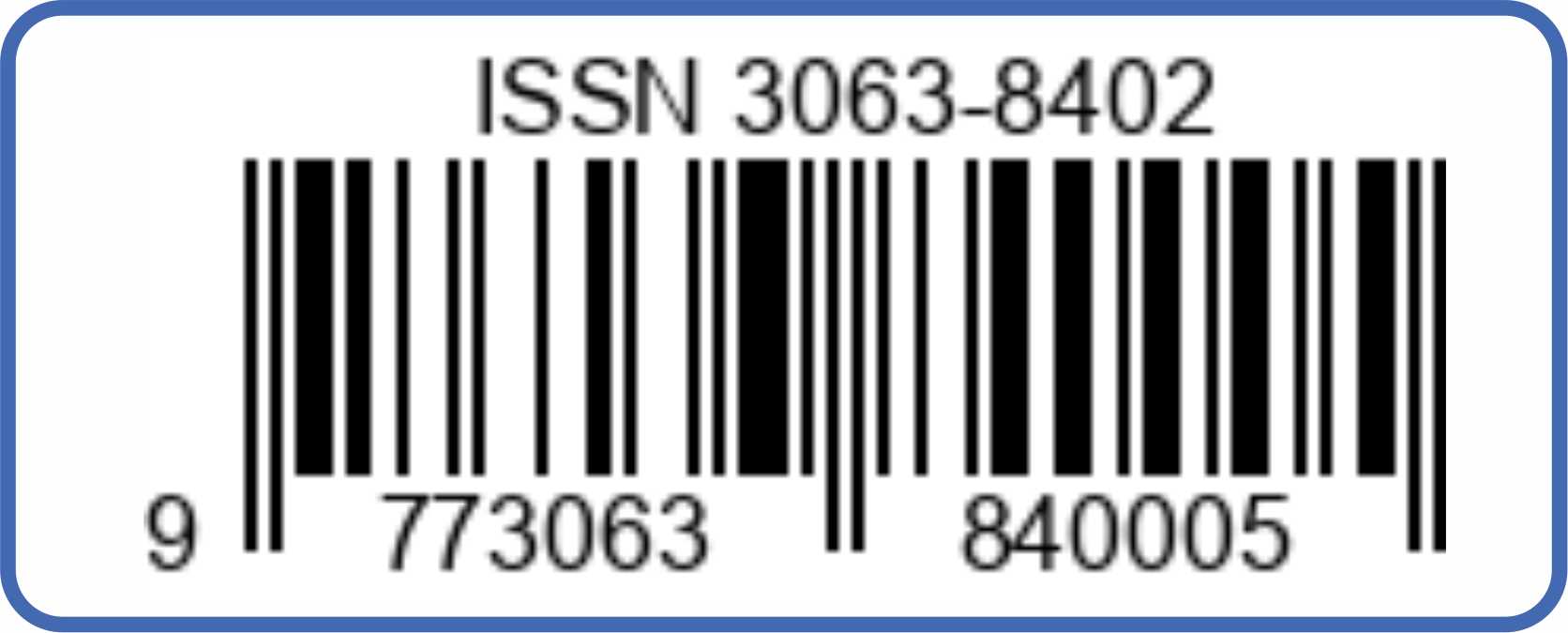Zakat dalam Perekonomian Modern: Aspek Mikro dan Makro
Zakat in the Modern Economy: Micro and Macro Aspects
Keywords:
zakat, microeconomic, macroeconomic, modernAbstract
This study aims to describe the role of zakat in the modern economy with a focus on micro and macroeconomic aspects. This study uses a qualitative approach with a descriptive-analytical method. The results of this study indicate that zakat plays an important role in the modern economy, both from micro and macro aspects. From a microeconomic perspective, zakat functions as an income redistribution mechanism that increases aggregate consumption, especially through the transfer of wealth from the rich (muzaki) to the poor (mustahik). From a macroeconomic perspective, zakat has the potential to increase national savings and encourage investment in the real sector. Because zakat is imposed not only on income but also on idle wealth, it provides incentives for muzaki to invest their wealth productively, which can increase aggregate production in the economy. Overall, effective implementation of zakat can be a powerful instrument to address socio-economic disparities, improve the quality of consumption, and encourage more inclusive and sustainable economic growth. In the context of Islamic economics, zakat is not only a religious obligation but also an important tool for achieving social justice and the welfare of society as a whole.
Downloads
References
Abu Saud, Mahmud. GBEI (Garis-garis Besar Ekonomi Islam), (Jakarta: Gema Insani Press, 1996), h. 23-24.
al-Qardhawi, Yusuf. Fiqh al-Zakah (terj.), (Bogor: Pustaka Litera Antar Nusa, 1988), h. 1118-1119.
Amarodin, Moh, and M Hi. “Optimalisasi Dana Zakat Di Indonesia (Model Distribusi Zakat Berbasis Pemberdayaan Ekonomi).” Jurnal Ekonomi Syariah 7, no. 01 (2019): 1–13.
Boulakia, Jean David C. Ibn Khaldun: A Fourteenth-Century Economist, The Journal of Political Economy, Vol. 79, No. 5, Sep-Oct, 1971, h. 1116.
Dornbusch, Rudiger, et al. Macroeconomics, (Newyork: McGraw-Hill, 2008), h. 321-325.
El-Din, S. I. Tag. Allocative and Stabilization Functions of Zakat in an Islamic Economy, dalam Mahamoud A. Gulaid, M. Aden Abdullah, Readings in Public Finance in Islam, (Jeddah: IRTI-IDB, 1995), h. 327-355.
F. R. Faridy, A Theory of Fiscal Policy in an Islamic State, dalam Ziauddin Ahmed, Fiscal Policy and Resource Allocation in Islam, (Islamabad: Institute of Policy Studies and International Centre for Research in Islamic Economics, 1983) h. 27-45.
Fajrina, Alifah Nur, Farhan Rafi Putra, and Annisa Suci Sisillia. “Optimalisasi Pengelolaan Zakat: Implementasi Dan Implikasinya Dalam Perekonomian.” Journal of Islamic Economics and Finance Studies 1, no. 1 (2020): 100–120.
Hafidhuddin, Didin. Agar Harta Berkah dan Bertambah, (Jakarta: Gema Insani Press, 2007), h. 81.
Hasan, Najmul. Social Security System of Islam with Special Reference to Zakah, (Jeddah: Islamic Economics Research Centre King Abdul Aziz University, 1984), h. 43-47, dalam Abu Al-Hasan Sadeq, A Survey of The Institution of Zakah: Issues, Theories and Administration, (Jeddah: IRTI-IDB, 1994, h. 19-20.
Iqbal, Munawar. Zakah, Moderation and Aggregate Consumption in An Islamic Economy, dalam Monzer Kahf. Lessons in Islamic Economics, Vol. I, (Jeddah: IRTI-IDB, 1998), h. 285-286.
Kahf, Monzer. A Contribution to the Theory of Consumer Behavior in an Islamic Society, dalam Kurshid Ahmad, Studies in Islamic Economics, (Leicester: International Centre for Research in Islamic Economics and The Islamic Foundation, 1980), h. 19-36.
Karim, Adiwarman A. Ekonomi Makro Islami, Edisi II, (Jakarta: Raja Grafindo Persada, 2007), h. 258-261.
Karim, Adiwarman A. Ekonomi Makro Islami, Edisi III, (Jakarta: Raja Grafindo Persada, 2007), h. 132-136.
Khan, M. Fahim. Essays in Islamics Economics, (Leicester: The Islamic Foundation, 1995), h. 33.
M. M. Metwally, Fiscal Policy in an Islamic Economy, dalam Ziauddin Ahmed, Fiscal Policy and Resource Allocation in Islam, (Islamabad: Institute of Policy Studies and International Centre for Research in Islamic Economics, 1983) h. 59-81.
Mubarok, Abdulloh, and Baihaqi Fanani. “Penghimpunan Dana Zakat Nasional (Potensi, Realisasi Dan Peran Penting Organisasi Pengelola Zakat).” Permana: Jurnal Perpajakan, Manajemen, Dan Akuntansi 5, no. 2 (2014).
Muhammad. Lembaga Keuangan Mikro Syari’ah (Pergulatan Melawan Kemiskinan dan Penetrasi Ekonomi Global), Cet. I, (Yogyakarta: Graha Ilmu, 2009), h. 55.
Rosyidah, Ainur, Sugeng Hadi Utomo, Imam Mukhlis, and Agung Nugroho. “The Role of Zakat and Waqf in Achieving Sustainable Development Goals (SDGs): A Global Perspective.” In Proceeding of International Conference on Finance Business and Banking, 171–79, 2023.
Sari, Elsi Kartika. Pengantar Hukum Zakat dan Wakaf, (Jakarta: PT. Raja Grafindo, 2007, h. 1.
Wibisono, Yusuf. Mengelola Zakat Indonesia (Diskursus Pengelolaan Zakat Nasional dari Rezim UU No. 38 Tahun 1999 ke Rezim UU No. 23 Tahun 2011, (Jakarta: Kencana Prenadamedia Group, 2016), h. 7.
Wibisono, Yusuf. SLT Vs Jaring Pengaman Responsif, Republika, 3 Januari 2006.
Downloads
Published
How to Cite
Issue
Section
License
Copyright (c) 2024 Khaerul Aqbar

This work is licensed under a Creative Commons Attribution-NonCommercial-ShareAlike 4.0 International License.





